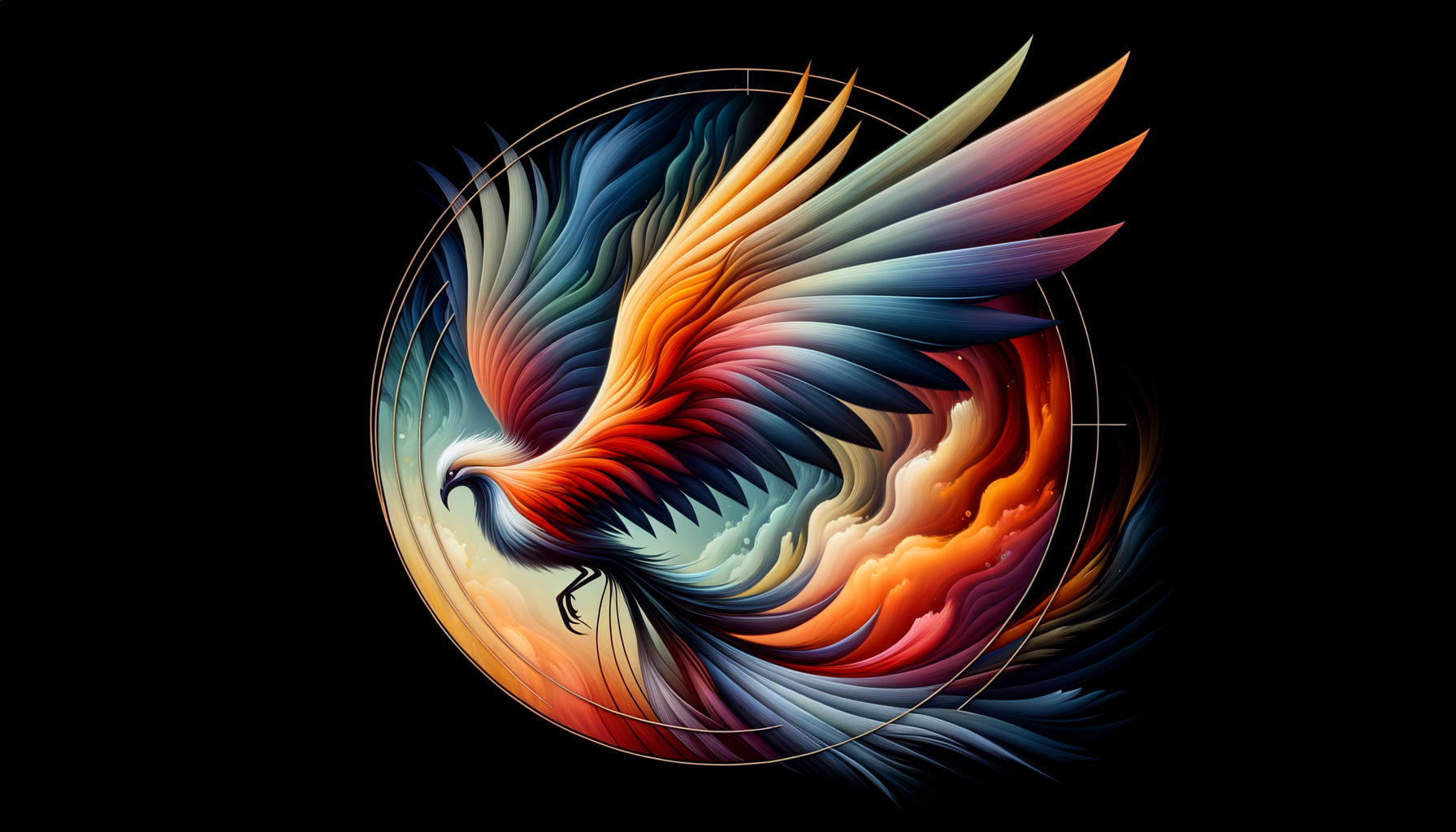The Day I Realized I Wasn’t a Fraud
Seven years ago, I walked into my first big presentation for a conservation nonprofit with every muscle in my body clenched tighter than a bear trap. I had spent days pouring over my notes, muttering environmental stats into my bathroom mirror like a sleep-deprived parrot. Yet, as I stared at the room full of colleagues—each sporting Patagonia vests and that unmistakable air of competence—I felt like the kid picked last in gym class. What if they figure out I don't know what I’m doing? My brain whispered treacherously. What if I’ve been winging it this whole time?
This wasn’t just stage fright; it was the textbook definition of impostor syndrome. That insidious voice in your head that says, “Sure, you’ve got the degree, maybe even the job title, but you're just an amateur playing dress-up.” Sound familiar? If so, grab a cup of coffee (or wine—I won't judge), and let’s dive into the messy, hilarious, and oh-so-relatable journey from feeling like a fraud to waking up one day thinking, "Hold up, maybe I actually do know what I'm doing."
Fake It ‘Til You Start to Make It
Impostor syndrome doesn’t show up on your calendar like a dentist appointment. It lurks quietly, sneaking in when you’re dusting off your confidence and preparing to step into a new role or chapter of your life—whether it’s a promotion, a project you're passionate about, or even a relationship that feels wildly out of your league. It convinces you that you're a pretender who managed to Houdini their way into something you don't deserve.
I used to think only elite achievers with sharp suits and Ivy League résumés battled self-doubt. Turns out, impostor syndrome is equal-opportunity. It doesn’t care if you're a barista learning latte art or a conservationist trying to explain aquatic ecosystems to shady policymakers. And here's the kicker: studies show up to 70% of people experience impostor syndrome at some point in their lives. That means the odds of Ryan Reynolds or Zendaya feeling like frauds are probably higher than you'd think. Imagine Deadpool reassuring himself, "No, Ryan, you're funny… right?"
For me, the fake-it-'til-you-make-it mantra became a survival tool. I leaned into actions that "real experts" would do: researching beyond my usual rabbit holes, attending conferences, asking questions that made me vulnerable (but smarter for it later). Look, I didn’t have to feel like I was the Sylvia Earle of lake restoration—I just needed to act like someone who could hold their own until the knowledge and self-assurance caught up. Spoiler: eventually, it does.
How Nature Taught Me to Stop Freaking Out
During my early conservation days in Coeur d’Alene, I spent one summer tracking wild osprey populations around the lake. These birds of prey shocked me with how messy their beginnings were. Watching a baby osprey attempt its first flight is far from glamorous. They flap violently, wobble like a nervous circus act, and faceplant into branches more often than they soar. Yet, once they take off, their wings lock fluidly, their dive precision perfected by thousands of awkward attempts.
That’s the thing most of us fail to acknowledge during our “what-am-I-even-doing” moments: expertise doesn’t mean you start off knowing everything—it’s a muscle strengthened over time by trial and error. Even when your version of “first flight” looks like falling out of the nest. By reframing my perspective and allowing myself to fumble (or even belly flop), I started focusing less on perfection and more on process. Guess what happened next? I stopped spiraling into "fraudulent panic mode" every time I didn’t ace something on the first try.
Whether you’re giving a work presentation, planning a cross-country move with a new partner, or learning how to navigate the fine line between adventurous and "hopelessly lost" on a first hiking date, developing expertise is earned, not gifted. Like baby ospreys… except ideally with less faceplanting.
You’re Allowed to Own Your Wins (Really, You Are)
Let me tell you about my toxic trait: downplaying my wins. I could write an exceptionally well-researched report or nail a tricky conversation with a donor, and my brain would immediately scream, "Lucky break!" rather than conceding, "Nice job, Avery." It's a habit that keeps us shackled to impostor syndrome because when we dismiss our successes, we reinforce the lie that they were accidental.
Breaking this cycle starts with celebrating your victories—yes, even the small ones. Like the time I attended a dinner party full of fancy literary types, panicked, and excused myself to refill the cheese plate instead of discussing my novel (because small talk is my kryptonite). But you know what? That night, a peer read my work, and her respect for it gave me permission to start respecting it too. That moment taught me that every little win—whether it’s bravely sharing your writing, acing the risotto on date night, or just finding the courage to go on a second date after a rocky first one—deserves acknowledgment. Stop brushing them under the rug like crumbs; display them proudly, like the five-star Yelp reviews of your life.
Pro Tip: When self-doubt creeps in, ask yourself, “What would my biggest hype friend say about this?” You’ve got a cheerleader (human or dog) in your life as proof that you’re killing it. Let their optimism rub off on you occasionally.
Turns Out, Everyone’s Just a Little Lost
Here’s the beautiful irony I discovered when I stuck around in rooms that scared me: so many of the people I thought were experts were winging it too. From colleagues fumbling through proposals to that seemingly perfect friend who confessed she never knows what to text back after someone says, “Tell me about yourself.” No one ever really feels "ready" or "qualified" 100% of the time.
The difference between impostors and experts is not that one group knows everything; it’s that they’re willing to learn, adapt, pivot, and accept that no career, project, or relationship comes with a foolproof manual. My roommate once said something to me after I spent hours over-analyzing if my then-boyfriend was way cooler than me: "Relationships aren’t graded. Stop turning 'good enough' into a test." The same philosophy applies here. Expertise isn’t a finish line; it’s the accumulation of moments where you showed up with humility and dared to try.
Permission to Crush It (Even If You’re Unsure)
I won’t lie to you and say impostor syndrome ever fully evaporates. Even now, while writing this article, I’m wondering if I’ve framed this just right or if anyone, anywhere, will even resonate with it. But I remind myself: I have lived this story. I crawled into that conservation nonprofit green as fresh alpine moss and stumbled my way toward trust and confidence. I did the work, and now I’m sharing what I know, hoping it connects with you wherever you're at on your journey.
So, whether you’re navigating a challenging conversation, taking on a new relationship dynamic, or preparing to lead your first big work project—remember this: the fact that you care enough to question if you're ready means you've already taken your first step toward becoming an expert. Yes, even with shaky wings.
You’ve got this. And if you ever doubt it, take a deep breath, grab some snacks (seriously, snacks raise morale), and get back out there anyway. Because expertise isn’t about avoiding doubt—it’s about moving through it and daring to try again.




















